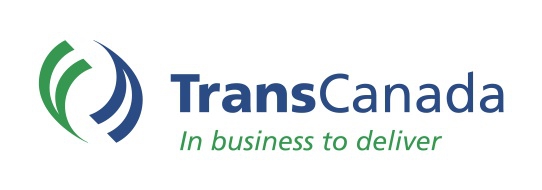
Business
News
Study projects Energy East Pipeline to boost Canadian economy by billions
September 11, 2013 | By Anthony Capkun

September 10, 2013 – According to the results of a report by Deloitte & Touche LLP examining the jobs and economic benefits associated with TransCanada Corp.’s $12-billion Energy East Pipeline, the project is expected to generate $35 billion in additional GDP for Canada during six years of development and construction, and over 40 years of operation.
“Energy East is a critical infrastructure project for all Canadians because it will enhance our country’s energy security, allow us to receive greater value for our important natural resources and will create tangible economic benefits for communities across the country,” said Russ Girling, TransCanada’s president and CEO.
Commissioned by TransCanada, the report also estimates more than 10,000 full-time jobs will be directly supported during development and construction of the pipeline between 2013 and 2018, and another 1000 full-time jobs will be directly supported by the pipeline once it begins service.
Deloitte also found that Energy East will generate an additional $10 billion in tax revenues for all levels of government over the life of the project. According to TransCanada, Deloitte’s projections were generated using Statistics Canada’s Input/Output model, which measures direct, indirect and induced economic effects of large industrial projects and activities in Canada.
“Energy East will create business opportunities and economic spin-offs that ripple across virtually all areas of the economy and support the livelihoods of millions of Canadians,” added Girling.
TransCanada announced the results of the open season for the Energy East Pipeline project on August 1, confirming it will move forward with a 1.1 million barrel per day (bbl/d) pipeline based on binding, long-term contracts from producers and refiners to ship about 900,000 bbl/d of crude oil from Western Canada to Eastern Canadian refineries and export terminals.
Eastern Canadian refineries currently import more than 700,000 bbl/d, or 86% of their daily needs, from overseas sources including Saudi Arabia, Nigeria, Venezuela and Algeria, notes TransCanada.
The project involves converting a portion of natural gas pipeline capacity in about 3000 km of TransCanada’s existing Canadian Mainline to crude oil service and constructing about 1400 km of new pipeline. The pipeline will transport crude oil from receipt points in Alberta and Saskatchewan to delivery points in Montreal, the Quebec City region and Saint John, N.B. The pipeline will access a marine terminal in Quebec and a terminal at Canaport in Saint John, N.B., where TransCanada and Irving Oil have formed a joint venture to build, own and operate a new deep-water marine terminal.
Print this page